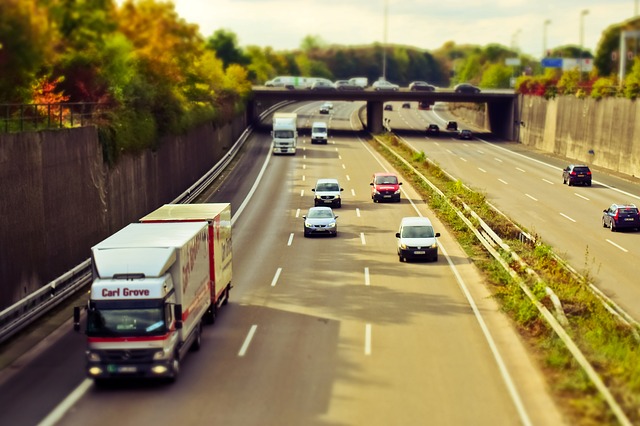You would think that saving money on diesel would be easy in a place like Australia, with its long flat roads and high temperatures. Yet, the sheer burden of distance required to get from one place to another means that even small savings on diesel can add up to a princely sum by the end of the year.
Here are a few tips to help you save on diesel fuel.
1 – Hire better drivers
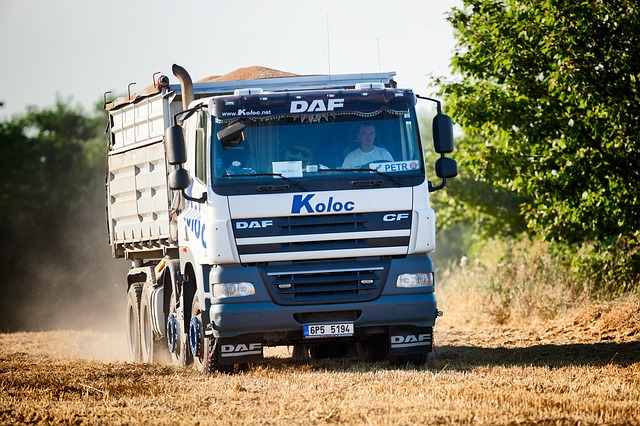
Good, conscientious, careful, and experienced drivers are going to save you the most money on fuel, be it through them taking fewer needless breaks, taking the correct route, judging traffic and so forth. A good driver will save you far more money on fuel than any new gadget or fuel card. Let’s take a look at the many things a good driver will avoid doing:
- A good driver will avoid accelerating needlessly while not using cruise control. Even things like reaching the brow of a hill and not hitting accelerate, will save on fuel consumption (and money).
- Good drivers will not punch the throttle and will instead accelerate gently and in time with traffic.
- A good driver keeps a very comfortable distance between the vehicle and other road users, meaning the brakes are applied less frequently.
- Good drivers anticipate stops, traffic lights, and anything else that will stop progress. A good driver can transition from road to road and hazard to hazard without having to slow progress to any significant degree.
- A good driver will not rev the engine. Good drivers move from one gear to the next with a smooth flowing motion rather than powering from one gear to the next.
Trying to beat your drivers into submission with warnings, threats, and seminars about fuel consumption is like trying to teach poetry to dingoes. Plus, disgruntled, and underpaid drivers are more likely to gun the engine to get there quicker and are less likely to care about your fuel costs. Hire good drivers, pay good wages, and one of the side benefits is that your fuel costs drop, as does unnecessary wear on your vehicles.
2 – Use fuel cards

The use of fuel cards is as common as the use of credit cards given the many benefits that come with using each. Credit cards offer points, incentives, and prizes for their use, and so do fuel cards. There is a whole subsection with fuel cards for small business (that you can find out more about here), big business, and private citizens. Companies are trying their best to draw small businesses and vehicle users away from one card and on to theirs.
Fuel cards save on fuel for obvious reasons. You get different sorts of discounts and offers depending upon certain stipulations. Your job is to find the right fuel cards for you and save as much money as possible. Fuel cards are typically best for heavy users who want to save money on their fuel costs.
3 – Use truck stop electrification for heavy-duty trucks
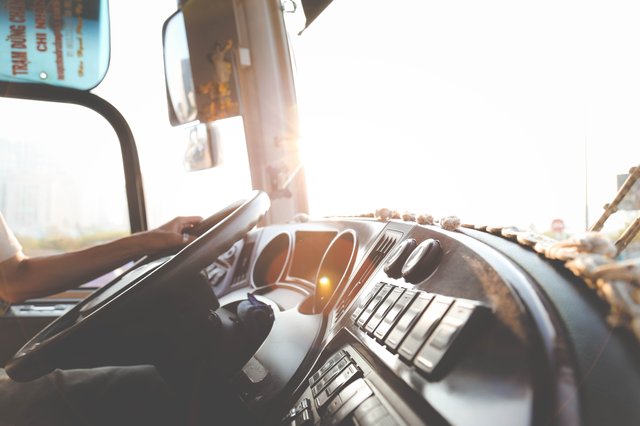
Truck stops are used for cooling engines, taking a break, and whole host of other things. Rather than keeping your engine idling so you have the power, you can use truck stop electrification. Conservationists are raving about it because of the positive environmental side of these stations, but as the owner of a small business or a heavy-duty truck, you can take interest with the amount of fuel it saves, and the savings on engine wear.
4 – Remain within the comfortable speed capacity of the vehicle
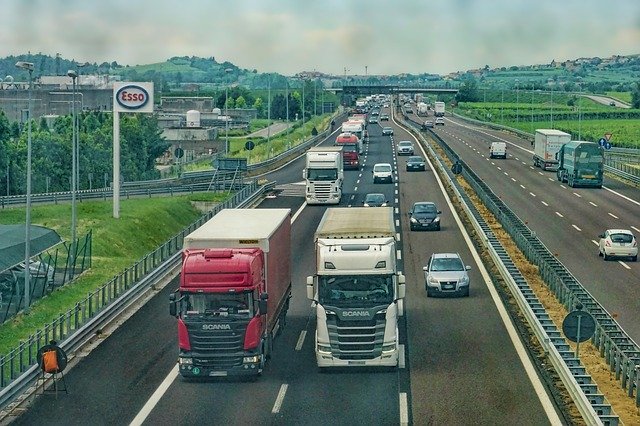
And, the birds go tweet. Yes, this is a piece of obvious advice, but it is more aimed at the companies trying to push their fleets to the limit in order to make their schedules work. The worst part is that quite often there are traffic flow incidents where a driver has to gun it to one location, and then can take a leisurely cruise to the next. If you cannot improve your logistics planning, then perhaps install speed capacity devices that limit drivers to a certain speed. It doesn’t have to be the speed limit but should limit the driver from going beyond the vehicle’s most comfortable speed.
5 – Warm up your vehicle – or don’t

This used to be an easy subject. You would have your drivers warm up their vehicles for five minutes after a cold start, but things are different these days. For example, warming up after taking a 30 minute break is often not necessary, especially for drivers in Australia where the external conditions are not exactly Antarctic. There are also modern vehicles where even diesel engines do not need warming up. Although, even with modern technology, giving your truck or vehicle 60 seconds from start to setting off is still not a bad idea.
6 – Use truck stops and break areas at the top of hills
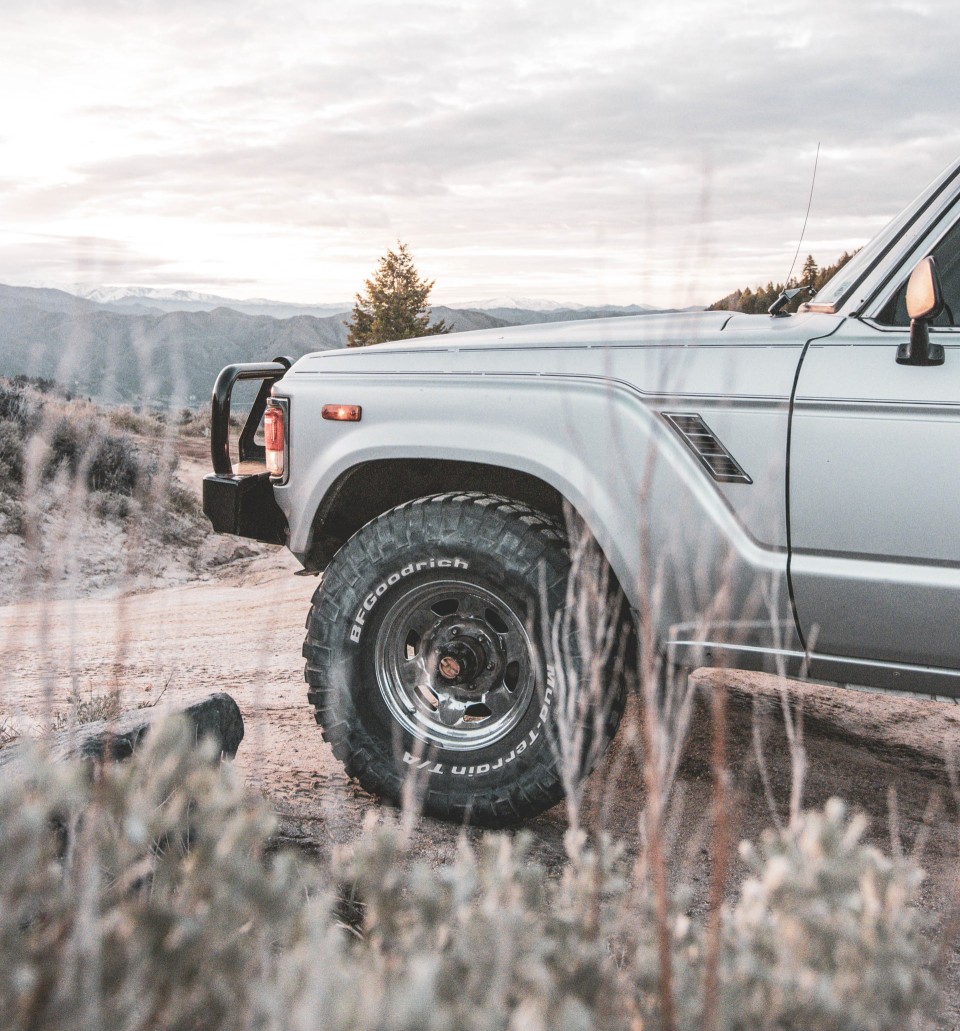
As mentioned previously, warming up a truck after a break is often not necessary because the engine is still warm, and the Australian weather is unlikely to have stolen much heat from the vehicle. Yet, if you can plan your breaks and stops at the top of hills, then you are doing yourself a favour. This is especially true when you consider the opposite. People who park up just before taking on a big hill are asking to waste diesel.
7 – Use cruise control as much as possible
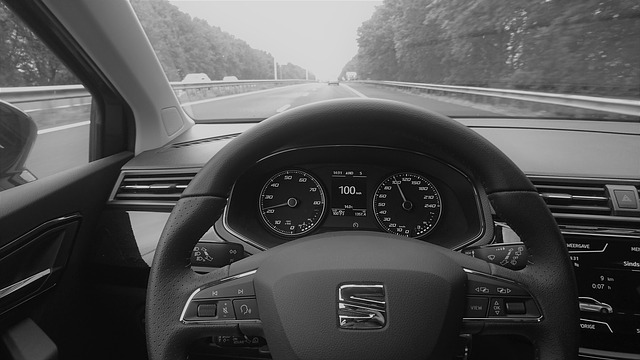
Obviously, if you are twisting through mountain roads, then cruise control is not much use. But, Australia is world renowned for its long roads cutting through barren outback, and it is on long roads where cruise control is a big money saver. This is even true when going uphill because it allows the vehicle to maintain a constant speed.
Good practices from your drivers and application of some thought into how the engine uses fuel can save a significant amount in fuel consumption and a nice saving on fuel costs.

